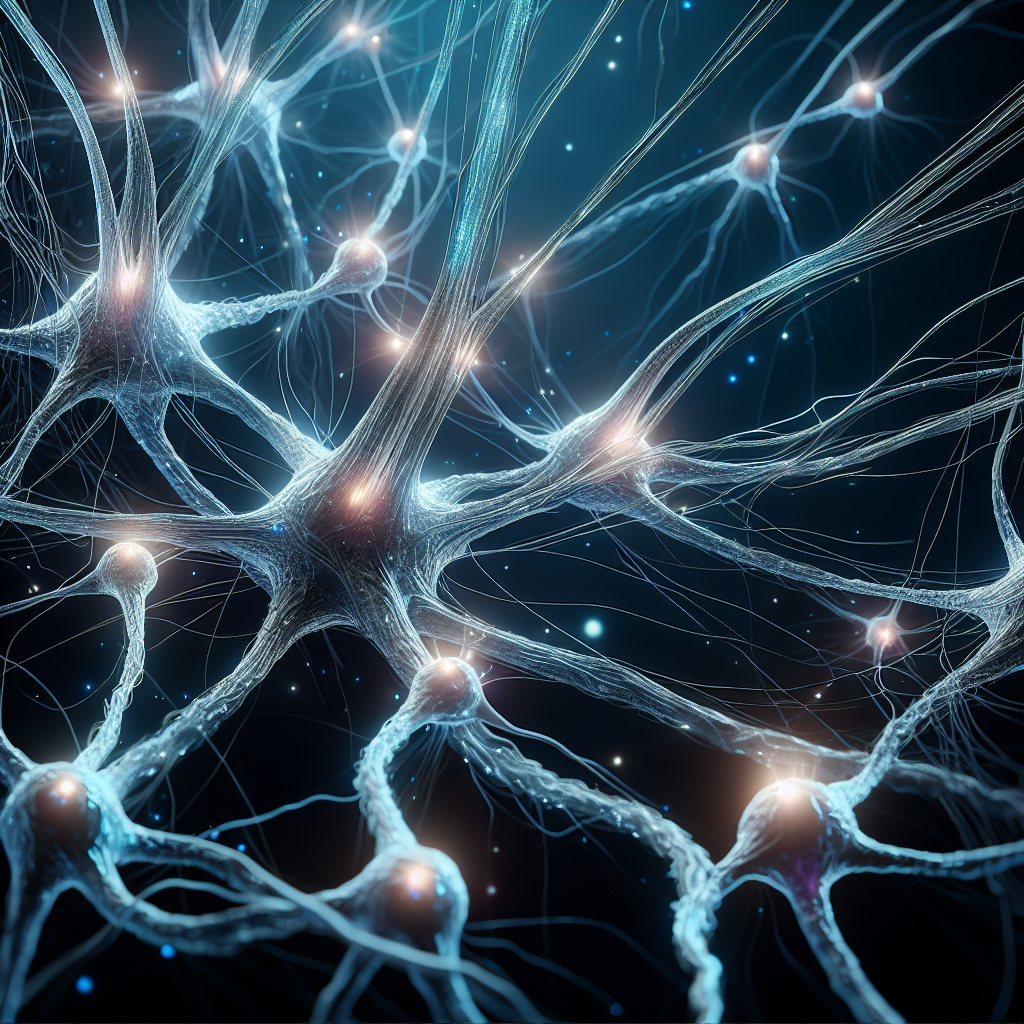Cross-training is a training routine that involves several different forms of exercise. It is a versatile approach to fitness that can help athletes improve overall performance, prevent injury, and maintain a higher level of general fitness. But the advantages of cross-training extend beyond just physical prowess; it also offers numerous cognitive benefits that can help athletes in both their sports and daily lives.
The Science of Cross-Training and Brain Health
Athletes often focus on physical endurance, strength, and skill development. However, there’s an emerging interest in how physical activity impacts cognitive function and brain health. Cross-training, with its diverse physical challenges, stimulates the brain in unique ways, promoting cognitive resilience and flexibility.
Enhanced Cognitive Flexibility
Cognitive flexibility is the mental ability to switch between thinking about two different concepts or to think about multiple concepts simultaneously. It is a critical aspect of executive function that contributes to problem-solving and adapting to new situations—a valuable skill for any athlete. Cross-training exposes athletes to a variety of physical activities, which requires rapid mental adjustments. This can translate to improved cognitive flexibility, as the brain becomes adept at moving between different types of tasks and strategies.
Improved Concentration and Focus
The varied nature of cross-training requires constant mental engagement. When athletes switch from one exercise modality to another, they must refocus and reorient their strategy and technique. This practice can enhance overall concentration and focus, which are vital elements in sports performance. Athletes who are better able to focus can maintain a higher level of performance for longer periods.
Stress Reduction and Mental Health
Physical activity is known to reduce stress, and cross-training offers a diverse set of exercises which can keep the routine fresh and more enjoyable, potentially increasing the stress-relief benefits. Moreover, the mental health benefits of community involvement, as discussed in Mental Health Benefits of Community Involvement, can be a natural extension of cross-training environments where social interaction is encouraged.
Better Cognitive Recovery and Brain Repair
Cross-training not only helps in maintaining cognitive function but also plays a role in recovery and repair. As detailed in Strategies to Boost Neurogenesis and Brain Repair, engaging in a variety of physical activities can stimulate the brain to produce new neurons and enhance plasticity, leading to improved cognitive recovery.
Cross-Training as a Tool for Cognitive Enhancement
To further understand the cognitive benefits of cross-training, it’s essential to look at how it can be paired with other strategies to boost brain function.
Combining Physical and Cognitive Challenges
Incorporating mental tasks into physical training can intensify cognitive gains. Activities such as playing a sport that requires strategy and quick decision-making, or engaging in exercises that involve memory and pattern recognition, can provide a compound effect on cognitive enhancement.
Nutrition and Cognitive Performance
The role of nutrition cannot be understated when it comes to cognitive performance. A diet rich in antioxidants, as explored in Evaluating the Neurological Benefits of Antioxidant-Rich Diets, supports brain health and can complement the cognitive benefits gained from cross-training.
The Role of Rest and Recovery
Adequate sleep and rest are crucial for cognitive function. Cross-training can improve sleep quality through physical exhaustion and stress reduction, which in turn, as stated in The Relationship Between Sleep Quality and Memory Consolidation, benefits memory consolidation and learning.
External Resources Supporting Cross-Training Benefits
There are several niche resources that provide deeper insights into the cognitive benefits of cross-training:
- Neuroplasticity and Exercise – This resource delves into the concept of brain plasticity and how various forms of exercise can stimulate and enhance this aspect of brain health.
- The Psychological Benefits of Exercise – Provided by the American Psychological Association, this article discusses the psychological benefits of exercise, including stress relief and improved mood.
- Cognitive Benefits of Physical Activity in the Classroom – While focused on the classroom setting, this research highlights the broader cognitive benefits of physical activity which can be extrapolated to the athletic arena.
Practical Tips for Implementing Cross-Training
For athletes looking to incorporate cross-training into their routines, here are a few practical tips:
- Mix It Up: Incorporate a variety of aerobic, anaerobic, and skill-based activities into your training schedule.
- Stay Consistent: While variety is key, maintaining a consistent routine is crucial for reaping the long-term cognitive benefits.
- Challenge Your Mind: Include exercises that challenge your coordination, memory, and problem-solving skills.
- Fuel Your Brain: Combine your cross-training routine with a healthy, balanced diet that supports cognitive function.
- Monitor Your Progress: Keep track of your cognitive improvements alongside your physical achievements.
Conclusion
Cross-training is not just about building a stronger, more versatile athlete; it’s about cultivating a sharper, more resilient mind. The cognitive benefits of cross-training contribute to a holistic approach to athletic development, where the brain and body are equally prioritized. By incorporating diverse physical challenges, focusing on mental health, and supporting the brain with proper nutrition and rest, athletes can achieve a competitive edge that goes beyond physical capabilities. Whether on the field, court, or track, a cognitively enhanced athlete is a formidable opponent.



